Aftermath of petrol subsidy removal by the President Bola Tinubu administration, commuters in the Federal Capital Territory (FCT) are now groaning over the hike in transport fares.
Checks by Persecondnews reveal that commercial vehicle drivers have raised fares by about 80 percent as result of the increase in Premium Motor Spirit (PMS) also known as petrol.
Speaking to Persecondnews, a commuter, who resides in the Kubwa suburb, but works at Wuse market, said she now spends N1,000 to go to work as against N600 she was spending before the removal.
“Before this fuel subsidy removal, I used to spend N300 from Federal Housing bridge, Kubwa, to Wuse Market, where I work, and same amount back to Kubwa.
“Yesterday, I started paying N500 to and N500 from work. I would have been spending more if my house wasn’t close to the Federal Housing bridge, as I trek to the bridge most times before boarding a vehicle.
“As it is, the new government is already making life more difficult for us less than a week after coming into power. Only God knows what awaits us ahead,” Blessing Agaji said.
A civil servant, Olu Bolajide, who resides in the Lugbe suburb, said his transport fare to work has increased from N1,200 to N1,600 following the removal of the subsidy.
“I don’t have a problem with removing fuel subsidy, but the timing is wrong. Nigerians are yet to recover from the Buhari administration, and instead of alleviating our sufferings, the new administration compounded it by removing subsidy on fuel.
“President Tinubu should have provided some form of palliatives or incentives, like increment in salaries or even stipends, before removing the subsidy.
“This will cushion the effect of the removal because the prices of everything will increase. It has already started with transport fares; I now spend N1,600 every day on transport fares alone, instead of N1,200. Next will be food stuff and others,” Bolaji lamented.
Speaking on the increment in transport fares, a commercial driver, who gave his name simply as Sunday, who also spoke to Persecondnews, said the increment in fuel price is responsible for hike in transport fare.
“We use to buy a litre of fuel between N182 to N196, depending on the filling station, but we are now buying N537 per litre. Before now I fill my fuel tank for N10,500 or N11,000, now I fill it for N30,000.
“We are more at the receiving end. We get very little or no profit in this business anymore because of this increment,” the driver explained.
Persecondnews recalls that President Tinubu had in his inaugural speech on May 29, at the Eagles Square, Abuja, announced the removal of subsidy payment on petrol.
According to President Tinubu, the immediate past administration of Muhammadu Buhari did not make provisions for subsidy in the 2023 budget beyond June.
After the announcement, the Nigerian National Petrol Company (NNPC) Limited, officially adjusted pump price of the commodity to above N500 per litre on Wednesday, May 31, stating that the price will continue to reflect market realities and dynamics.
Following the adjustment of petrol price at retail outlets by NNPC Ltd, the Independent Petroleum Marketers Association of Nigeria (IPMAN), Deputy President, Zarama Mustapha, said each state has its own price based on the location of the station from oil depots, adding that the new pump price can’t be less than N500.
Speaking in an interview on Channels Television’s Sunrise Daily programme on Thursday, monitored by Persecondnews, Mustapha said:“Oil marketers will now lift petrol at over N460/litre at fuel depots, add transportation cost and profit margin, which will make the new pump price go as high as over N500 per litre.
“NNPC being the sole supplier is the determiner of how much we purchase. The deregulation is just taking effect.
” May be with time, they will allow other players to also participate in the importation of the product to compete with the NNPC Limited.”












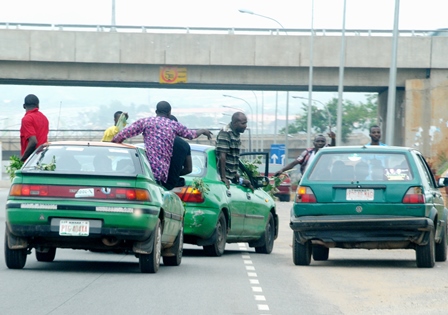

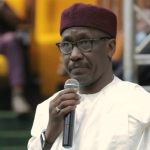
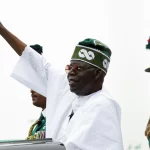

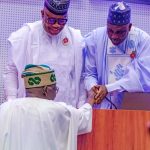


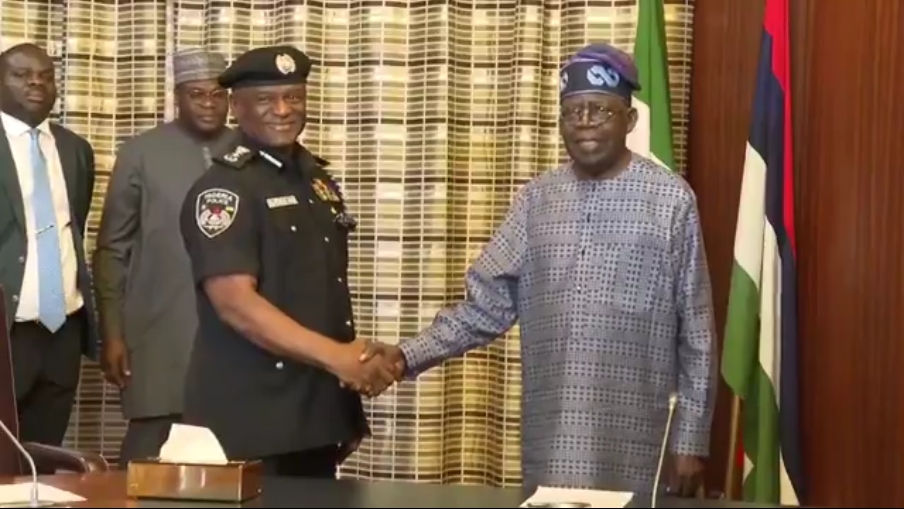
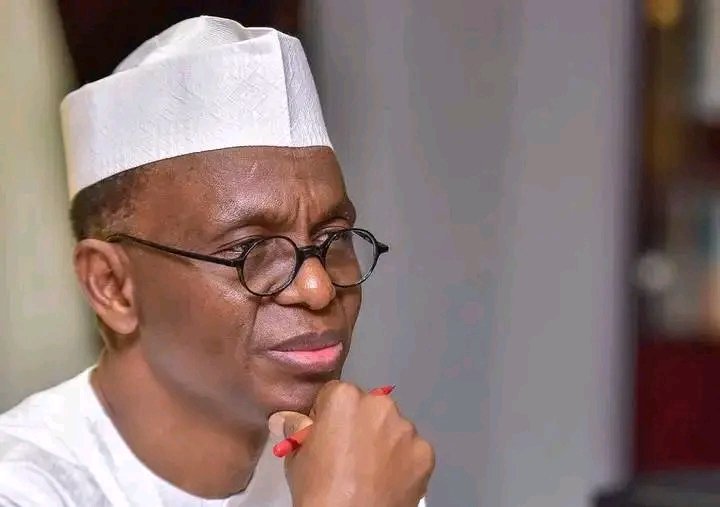
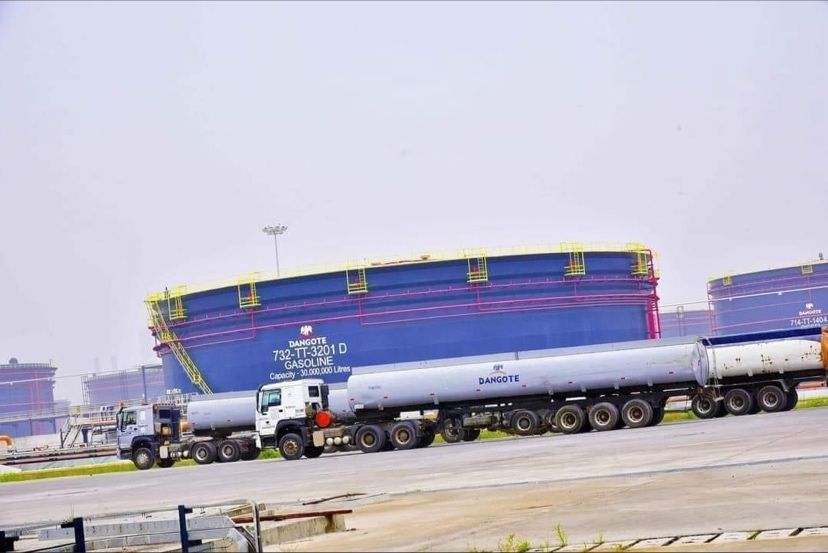
Leave a comment